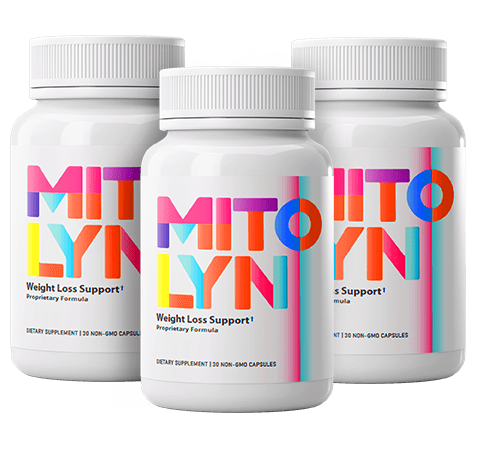10 Essential Tips for Maintaining Strong Cardiovascular Health: A Comprehensive Guide
Cardiovascular health is crucial for overall well-being and longevity. A strong heart and healthy blood vessels are essential for proper circulation and oxygen delivery to all parts of the body. Maintaining good cardiovascular health can help prevent heart disease, stroke, and other cardiovascular conditions. In this comprehensive guide, we will discuss 10 essential tips for maintaining strong cardiovascular health.
1. Eat a Healthy Diet
One of the most important factors in maintaining strong cardiovascular health is eating a healthy diet. A diet rich in fruits, vegetables, whole grains, lean protein, and healthy fats can help lower cholesterol levels, reduce inflammation, and improve heart health. Avoiding processed foods, sugary drinks, and excessive salt intake can also help prevent heart disease and other cardiovascular conditions.
2. Exercise Regularly
Regular exercise is essential for maintaining strong cardiovascular health. Physical activity helps improve circulation, strengthen the heart muscle, and lower blood pressure. Aim for at least 150 minutes of moderate-intensity exercise per week, such as brisk walking, cycling, or swimming. Incorporating strength training exercises can also help improve heart health and overall fitness.
3. Maintain a Healthy Weight
Being overweight or obese can increase the risk of heart disease, stroke, and other cardiovascular conditions. Maintaining a healthy weight through a combination of healthy eating and regular exercise is important for cardiovascular health. Aim for a body mass index (BMI) within the healthy range and consult with a healthcare provider if you need help with weight management.
4. Quit Smoking
Smoking is a major risk factor for heart disease and other cardiovascular conditions. Quitting smoking can significantly improve cardiovascular health and reduce the risk of heart attack and stroke. If you need help quitting smoking, consider seeking support from a healthcare provider or joining a smoking cessation program.
5. Manage Stress
Chronic stress can have a negative impact on cardiovascular health. Finding healthy ways to manage stress, such as meditation, yoga, deep breathing exercises, or spending time in nature, can help improve heart health and overall well-being. Prioritizing self-care and relaxation can also help reduce the risk of heart disease and other cardiovascular conditions.
6. Get Regular Check-Ups
Regular check-ups with a healthcare provider are important for monitoring cardiovascular health and detecting any potential issues early. Schedule annual physical exams, blood pressure checks, cholesterol screenings, and other tests as recommended by your healthcare provider. Discuss any concerns or symptoms with your healthcare provider to ensure optimal cardiovascular health.
7. Limit Alcohol Consumption
Excessive alcohol consumption can have negative effects on cardiovascular health, including high blood pressure, heart disease, and stroke. Limiting alcohol intake to moderate levels, such as one drink per day for women and two drinks per day for men, can help reduce the risk of cardiovascular conditions. If you have a history of alcohol abuse, consider seeking help from a healthcare provider or support group.
8. Stay Hydrated
Staying hydrated is important for cardiovascular health. Drinking an adequate amount of water each day can help maintain proper blood circulation, prevent dehydration, and support overall heart health. Aim to drink at least 8-10 glasses of water per day, and avoid excessive consumption of sugary or caffeinated beverages.
9. Get Enough Sleep
Getting enough sleep is essential for cardiovascular health. Poor sleep quality or insufficient sleep can increase the risk of heart disease, stroke, and other cardiovascular conditions. Aim for 7-9 hours of quality sleep per night and establish a regular sleep schedule to support heart health and overall well-being.
10. Prioritize Heart-Healthy Habits
In addition to the tips mentioned above, it’s important to prioritize heart-healthy habits in your daily life. This includes practicing good oral hygiene, avoiding exposure to environmental toxins, and staying up to date on vaccinations and preventive screenings. By taking a holistic approach to cardiovascular health, you can reduce the risk of heart disease and other cardiovascular conditions.
By following these 10 essential tips for maintaining strong cardiovascular health, you can improve heart health, reduce the risk of cardiovascular conditions, and enhance overall well-being. Remember to consult with a healthcare provider for personalized advice and guidance on maintaining optimal cardiovascular health.
Stay healthy, stay active, and prioritize your heart health for a long and fulfilling life!










